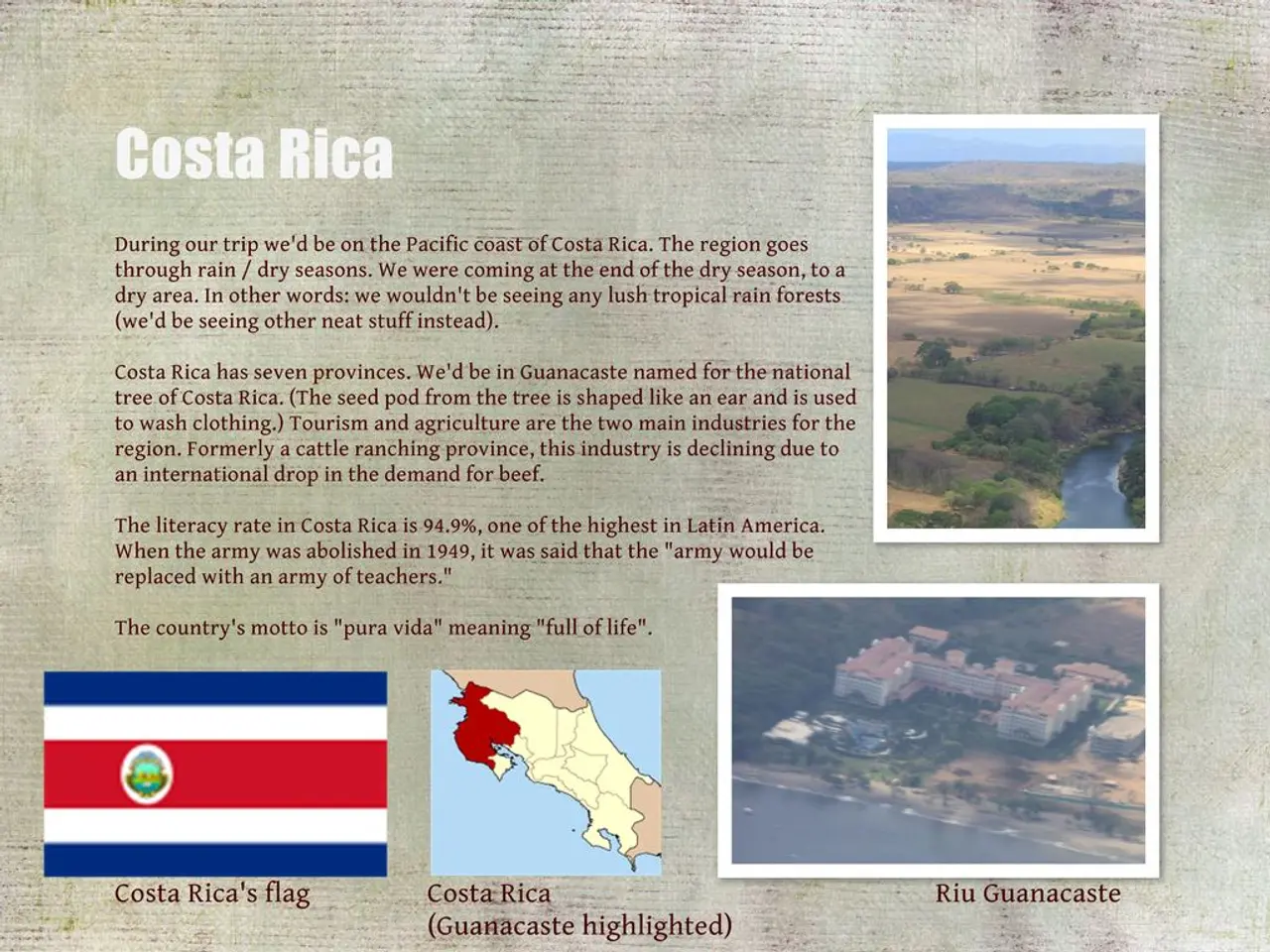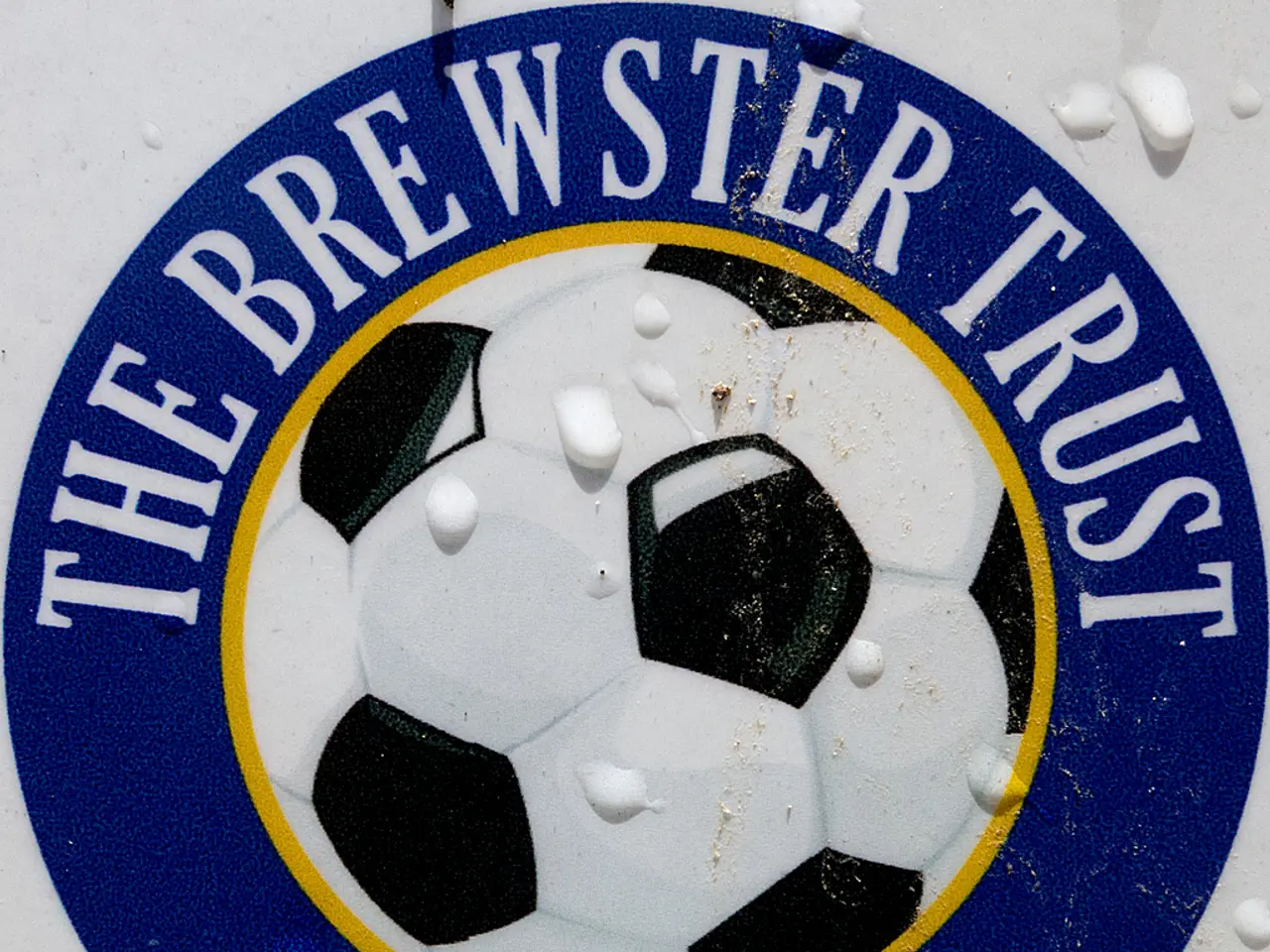Government Project Supervisor Overseeing: Duties, Stakeholder Interactions, and Project Completion
Government program managers face a multitude of challenges in their role, chief among them being the management of scope creep, effective communication, coordination of interdependent projects, and handling risks and resource allocation. Their primary responsibility is the overall delivery of programs, as well as stakeholder management [1][3].
One of the key challenges these managers face is scope creep - managing changes in project or program scope requested by stakeholders, which can lead to delays and budget overruns. To mitigate this, clear definitions of goals and disciplined change control are essential [3].
Another challenge is poor communication, which can lead to confusion, delays, or misunderstandings. Transparent, consistent communication with all stakeholders and project managers is crucial to avoid such issues [3][1].
Risk management is another critical aspect of a program manager's role. Identifying, analyzing, and mitigating risks across projects within the program helps to avoid adverse impacts on delivery [1].
Effective resource and interdependency management is also vital. Coordinating resources efficiently across multiple interrelated projects is necessary to optimize outcomes and avoid conflicts [1].
The responsibilities of government program managers extend beyond these challenges. They are responsible for strategic planning and governance of the entire program lifecycle, from initiation through delivery and benefits realization [1]. They lead and monitor project managers to ensure projects align with program objectives and deliver value [1].
Budget management is another key responsibility, with the aim of keeping the program financially on track [1]. Stakeholder communication and expectation management are also essential, involving regular updates, managing changes, and aligning deliverables with strategic goals [1][2].
Program managers are also expected to report to directors and executives on program status, highlighting risks and opportunities [1]. Maximizing return on investment is another priority, achieved by leveraging opportunities and addressing risks proactively [1].
In summary, government program managers must balance complex coordination across multiple projects, strategic oversight, risk and change management, and stakeholder engagement to ensure effective delivery of programs aligned with government objectives. Strong communication skills and governance capabilities are fundamental for managing expectations and navigating the inherent challenges of public sector programs [1][3].
By involving stakeholders in the decision-making process, government program managers gain valuable insights and ensure programs meet community needs and expectations. Each stakeholder has unique interests, concerns, and expectations regarding the programs being implemented [1].
Comprehensive project plans for government programs outline objectives, timelines, resources needed, and expected outcomes [1]. Government programs have a direct impact on the lives of citizens [1]. Managing stakeholder expectations is a critical aspect of a government program manager's role [1].
Government program managers seek feedback and input from stakeholders to incorporate their perspectives into the program implementation. Stakeholders can include community members, government officials, interest groups, and other organizations [1]. The primary responsibility of a government program manager is to ensure the effective delivery of government programs to the community [1].
Government program managers work closely with various departments and stakeholders involved in program implementation [1]. Their role is pivotal in ensuring the successful delivery of government programs, with far-reaching impacts on the lives of citizens.
- In the realm of policy-and-legislation, governing bodies may consider implementing stricter rules to address scope creep in government programs, ensuring clear goal definitions and disciplined change control by program managers.
- To enhance the efficiency of general-news dissemination, it would be beneficial for media outlets to cover the challenges faced by government program managers, such as resource management and stakeholder engagement, to shed light on the complex nature of their roles and the impact on the public sector.






